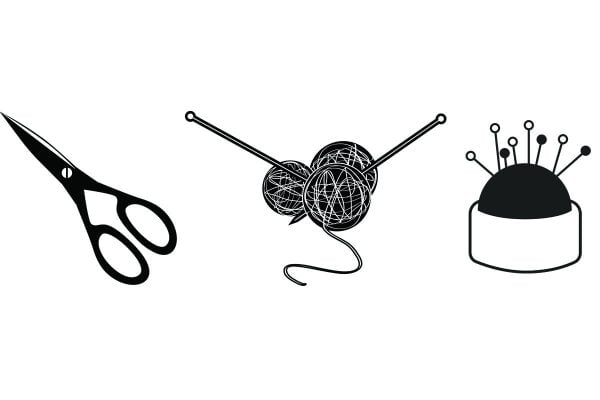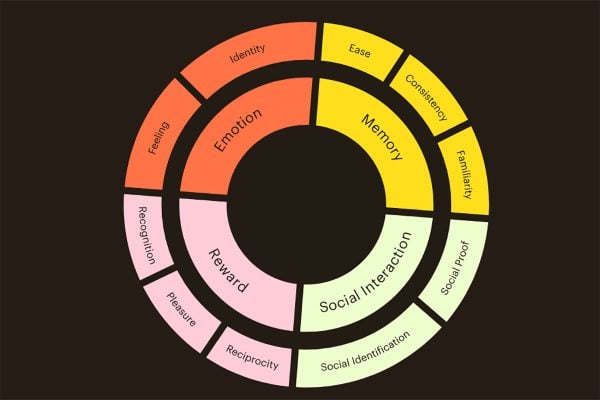Why do companies find it so hard to rectify mistakes, especially when they’ve caused their customers heartache? In the last few days there have been a couple of notable instances:
Firstly Skype, yes we know it’s largely a free to use service but thousands of people rely on Skype and many have also paid for services like SkypeOut, SkypeIn and voice mail. So when the service hits a problem and they’re off line for a day and a half, it’s understandable that their customers are more than a little disgruntled.
This is the time they should be talking to their customers but it was noted on several forums that the top management were absent. No announcement from San Jose, no announcement on the System Board (which seems reserved for eBay and PayPal glitches), nothing on the general announcement board, in fact the only place information was made public was on a couple of Skype blogs.
Even the email that Skype has sent out to all it’s loyal customers talks about how great the community is to stick with Skype and it’s only if you read it carefully you’ll find hidden away the word “sorry”. It would have been so much easier to apologise publicly at the time Skype went offline instead of to selected paying customers days after the event.
Google also has come under fire for the way it treated customers of it’s Google Video download to own/rent service. Customers paid to download films with the understanding it’s like music on your iPod, once you’ve paid you’re free to watch as often as you like. Google decided to discontinue the service, customers could no longer watch the films they’d paid for. Instead of refunding customers they gave them Google Checkout credits!
Google customers were livid and Google soon backtracked and are refunding all buyers credit cards in full. They are also keeping the service live for six months so people can watch their saved films a few more times. Customers get to keep the Google Checkout credits as a “we’re sorry we goofed” bonus.
Companies need to realise that when there’s a problem they need to do their best to rectify the matter, and both Skype and Google have both done their best to do this but it’s too little too late. Skype should have said sorry sooner and Google should have realised their refund method would be unacceptable.
When someone is paying you for products or service and there’s a problem you need to think about how the buyer feels, not what’s the most convenient way for you and your company to remedy the situation. Most importantly saying sorry as soon as possible goes a long way to keeping customers onside.
There’s a valuable lesson here for eBay sellers.
- If a transaction doesn’t go smoothly firstly say “Sorry” even if it’s not your fault, let the customer know you care.
- Don’t assume your method of remedying the situation is acceptable to the customer – offer the customer a proposal and ask them if they’re happy with your suggestion, ask if they have an alternative that would satisfy them more.
Generally customers will usually accept your suggestion if it’s fair and equitable, but they always appreciate you asking them what they’d like to happen. Getting the customer to buy in to the remedy is vital for closing the transaction with a happy buyer who will trade with you again in the future.
At the end of the day it’s an easy thing to say “We’re sorry”. It’s not so easy to appear sincere unless you put the customers interests first.









12 Responses
A lot of people have a real problem with saying “sorry”. They feel that what they did was perfectly fine in their own book, and it is the other person’s problem if they don’t understand. Trust me on this, I am married to one of these people.
But what a lot of business people don’t appreciate is that what they are apologising for is mainly the inconvenience/upset/hurt felt by the other person. It doesn’t matter who is right or wrong, if the customer feels aggrieved, this mere fact is enough to merit an apology.
You’ve said it so much better than me Lynne! 😀
Maybe it is because we can focus on what “I” want out of the transaction and not what “they” want out of the transaction.
Selflessness or selfishness, which is seen most in business today (or in life in general)?
We life in a world of “self” service in more ways than one…
Mark
Also, if companies say they are sorry too much it begins to lose its weight. eBay for instance has been saying sorry and “we’ve heard you” for years yet nothing changes.
The announcement regarding seller non-performance is a perfect example. 2 months after launching the crackdown they come out and say “sorry” we should have done a better job.
This comes directly from the top. I used to agree with Meg’s approach “Its ok to make mistakes as long as you fix them quickly” When does it just become more effective to stop making mistakes?
# Chris Dawson Says:
August 24th, 2007 at 12:02 pm
You’ve said it so much better than me Lynne! 😀
Never could do that, Chris! 😀
Randy, you are right of course, an apology of itself is not enough.
But, if it is only the choice of an apology, or not an apology, which would you go for?
Randy is right,
An apology is great but it needs to be more than just words, there must also to be some good intent and visible action.
eBay for instance has been saying sorry and “we’ve heard you†for years yet nothing changes.
Spot on. And if you keep apologising for the same thing over and over again, that apology starts to sound like a convenient lie.
Josordoni – early on in the relationship I would prefer a sorry but after awhile I would just give up caring what they said.
Perfect example with raising my son. When he was younger he would do something irresponsible and truly mean “I’m Sorry” later it became a crutch for him. Now, most times it’s said out of habit. (I can still tell when he means it, though) “I’m Sorry” without any change loses any value over time.
For many sellers, eBay’s apologies, are a waste of air or bits and bytes. I try hard to be fair when it comes to eBay but after 7 years its starting to feel like a bad marriage.
One thing I’ve noticed over the years is the difference in cultures between the US and the UK when it comes to these types of communications.
I’m in the US, and I did support for an international corp answering emails and I started off doing graves and helping out with the UK staff.
Brits want to know what’s happening, want it quickly, and don’t want it sugar coated. If you screwed up just say so and be done with it, offer them assurance that it’s not going to happen again, and tell them what you’re going to do to compensate them. It was refreshing to work these types of emails compared to my previous jobs!
I then was moved to US support as the corp added more employees to their europe office and started off with the same tactics and my satisfaction metrics plummeted double digits.
Most people in the US want things sugar coated, fluffy and happy and bloated and obfuscated as possible. Once I started adding fluff like “I appreciate the opportunity to assist you in this matter and understand your frustration” and other such phrases that would make you gag, my satisfaction numbers shot through the roof.
Sometimes these megacorporations don’t recognize which audience they’re apologizing to, and so the communications will come off completely wrong because of it.
Plus sometimes they only do ANY communication after being prompted by their PR and legal teams which doesn’t help things
Hey John, thanks for that. It’s rather interesting to hear the difference between how the UK and US perceive this type of communication 🙂
That’s really interesting, John. I do remember when I first started dealing with eBay and used to get the support messages that began “my name is Boris and it’s my pleasure to assist you in resolving your query”, and used to think oh FFS, just get on with it. Nice to know it’s not just me… and something for those of us who deal with both sides of the Atlantic to bear in mind when we’re emailing our own customers, I think.